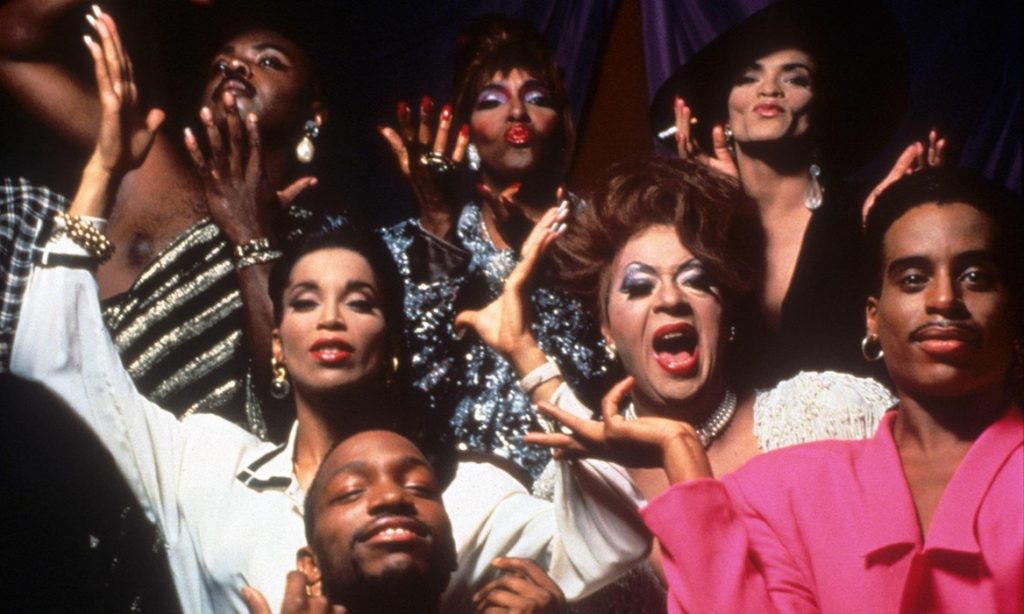
“The thing I always say about marginalized people is that we are not actually marginal. Social codes, laws, norms and other pathologies beat up on us and take us out of the center. But even as systems get scared and throw us to the margins, we use imagination as the best revenge.” (Moore, M. 2018, p.11).
Fabulous: The Rise of the Beautiful Eccentric written by queer artist-scholar Madison Moore explores what it means to be fabulous in today’s world, what it means for a marginalised individual who stands out from the social constructs and lives authentically and vicariously through the tumultuous environment that punishes individualism.
Out of interest, I began exploring the concept of Default Identity. I define Default Identity as an individual shaped by societal and cultural expectations—the ideal hetero-normative person. While the default identity varies from culture to culture, its definition remains the same relative to the specific cultural practices of where the individual is based.
Moore’s book about fabulousness directly challenges default identities. Moore defines the occurrence of fabulousness as when marginalised individuals and social outcasts resist the pressures of conforming to the norms (Moore, M. 2018). As Moore (2018) states, this is executed successfully through the “power of abstraction—the ability to see through the here and now and to live dangerously through radical style, art, music, and ideas.” (page 5)
It is important to distinguish true fabulousness from what the media and society want to convince us. Cambridge Dictionary defines fabulous as the following: “very good; excellent; extremely large in amount or number; imaginary, not existing in real life” (2024). Moore (2018) urges us to comprehend that fabulousness is not tied to material means, such as wealth, grandiosity, mansions, jewellery, exotic furs and especially celebrities, as they are part of an industrialised system of the cultural industry in which celebrities are produced by machines designed to make them fabulous with limitless funds (2018).
The nature of being fabulous is provocative and political as it is usually heralded by minorities revered by society solely based on their choice of appearance and commitment to living authentically. Being fabulous is dangerous. It is an intrinsic expression influenced by societal hate and oppression that is then bravely translated into how people present themselves, their lifestyles and values. Many attempts to rob an individual of their authenticity and happiness and, by doing so, ultimately rob them of their true identity. “Fabulousness is an intangible aura, a glow. But to pry an object from its shell, as Walter Benjamin once put it, is to destroy its aura.” (page 35)
It will be interesting to explore how fabulousness plays a role in the evolving landscape of self-expression, authenticity and identity. A big takeaway I’ve gotten from delving into the world of fabulosity is you don’t have to be fabulous if you don’t want to. If you wish to succumb to a default identity, you may do so. However, you cannot stand in the way of one’s choice of being fabulous. Even if you choose to stand in someone’s way, they will still overcome your prejudice, just as many generations have done before because, as we’ve learned time and time again, real fabulosity was born through the resistance of normativity.
References:
Moore, M. (2018) Fabulous: The Rise of the Beautiful Eccentric. New Haven : Yale University Press
